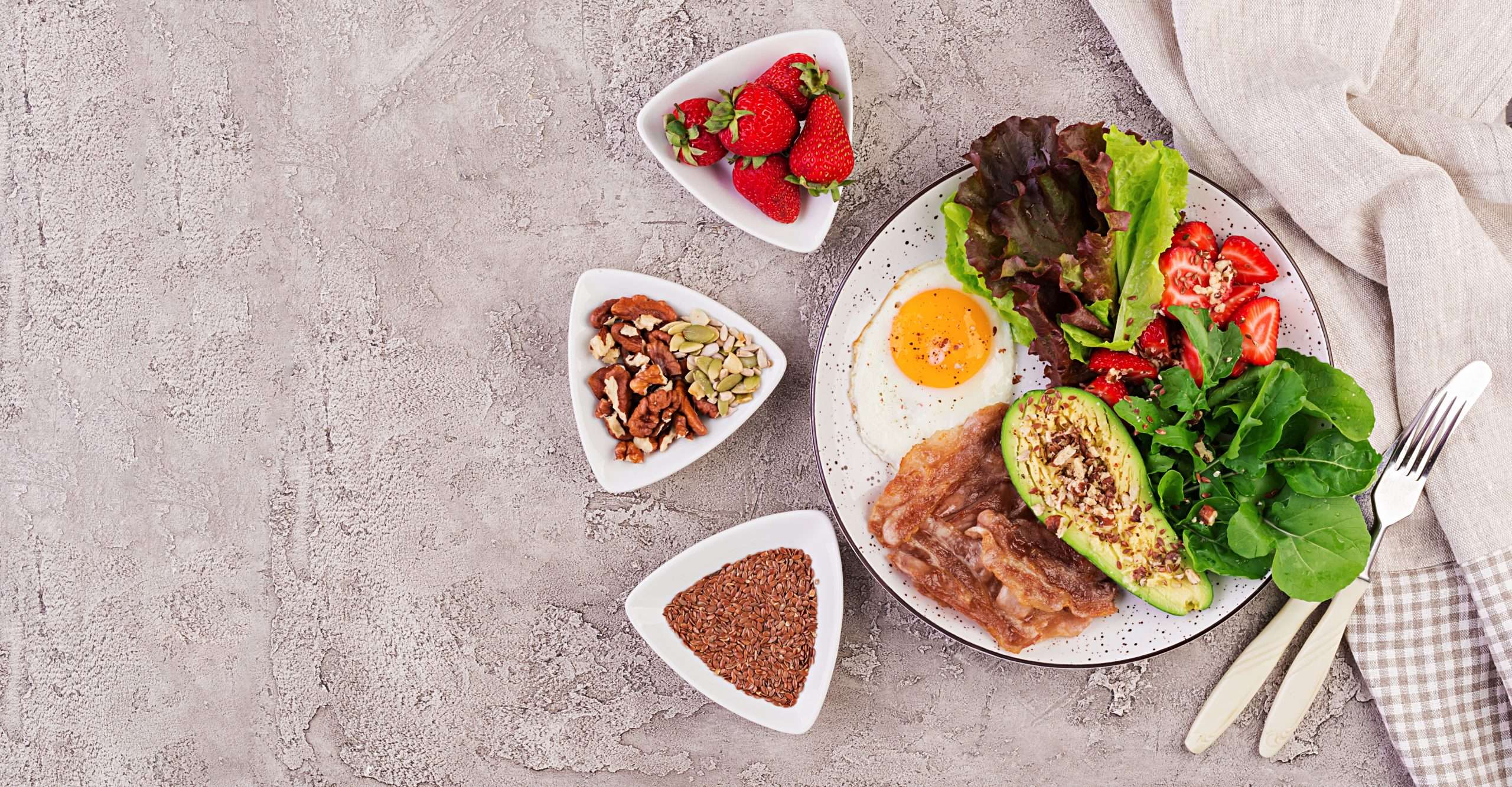

Medically reviewed by
Dr. Katie Rothwell, ND. Canadian-certified Naturopathic Doctor with a clinical focus in thyroid conditions and Hashimoto’s Disease.
Hyperthyroidism is a less common thyroid disorder in comparison to the more common Hypothyroidism, which occurs when your thyroid gland is underactive.
Hyperthyroidism is the opposite and occurs when your thyroid gland is overactive and produces too much thyroid hormone. With hyperthyroidism, there are specific foods to consume and avoid catered to the condition which can vary from that of the more common hypothyroidism condition.
Our thyroid gland is important to all our bodily functions from regulating metabolism, brain, muscle, bone and heart health. When there is too much thyroid hormone being produced due to an overactive thyroid all your bodily functions speed up.
Symptoms associated with an overactive thyroid:
Nervousness
Irritability
Sweating
Racing heart or heart palpitations
Hand tremors
Anxiety
Insomnia
Thinning of skin
Brittle hair
Weakness in muscles
Frequent bowel movements
Changes in menstruation
Tiredness
Weight loss
Key Components to a Hyperthyroid Diet:
Along with medical treatment from your doctor, a healthy hyperthyroid diet consisting of specific foods to boost thyroid health can help reduce symptoms associated with hyperthyroidism.
One that may come as a surprise to you, if you tend to read up on hormone balancing diets, is consuming low-iodine foods. In most cases we hear about consuming foods rich in iodine is good for maintaining good hormone health. However, that’s because most information out there caters to Hypothyroidism conditions. It’s important to do your research for your specific condition.
Iodine is used by our thyroid glands to produce thyroid hormones. When you already have an overactive thyroid, consuming iodine will only increase the already high production of thyroid hormone.
What to consume on a hyperthyroid diet?
Low-Iodine Foods. When you already have an overactive thyroid, consuming more iodine will only increase the already high production of thyroid hormone.
Egg whites, Non-Iodized salt, Potatoes, Fresh/Frozen vegetables, Fresh/Frozen fruits, Unsalted nuts.
Cruciferous Vegetables. These vegetables have the potential to help reduce your thyroid function and reduce iodine absorption.
Kale, Broccoli, Brussel sprouts, Bok Choy, Cauliflower, Arugula, Cabbage, Collard & Mustard greens, or radishes.
Iron. Most bodily functions rely on iron for blood cells to carry oxygen to cells in our body, making it vital to our diets. In some cases, an iron deficiency has also been linked to hyperthyroidism.
Dark Leafy Greens, lentils, nuts, red meat in moderation, poultry, seeds, or whole nutritious grains.
Vitamin D & Calcium. Hyperthyroidism has the potential to cause weak and brittle bones over time. Calcium and vitamin D consumption can help maintain healthy bone health and structure.
Fatty Fish-Salmon, white beans, spinach, okra, almond milk, liver, mushrooms, and supplements.
Selenium. This mineral has the potential to balance out your thyroid levels. A deficiency in selenium can cause hyperthyroidism or worsen the condition. However, do not overconsume selenium. Overconsumption can create adverse effects. The recommended amount is 200 mcg/day. Consuming one Brazilian nut a day will suffice.
Brazilian nuts, chia seeds, couscous, mushrooms, or sunflower seeds.
Anti Inflammatory Foods. Herbs, spices and healthy fats help to reduce inflammation within our bodies. Inflammation will cause your thyroid gland to excrete more thyroid hormones than it needs to.
Olive oil, Coconut Oil, Avocado Oil, Turmeric, Ginger, Black pepper, Green chillies, or Green tea.
What to Avoid?
Foods that are high in Iodine. As we already know iodine helps in the production of thyroid hormones and should be avoided if you have hyperthyroidism. But what foods contain Iodine?
Most seafood, shellfish (crabs, lobster, shrimp), sushi, carrageenan (found in most processed foods at grocery stores), seaweed, kelp, nori, agar-agar, milk and dairy products (cheeses), iodized salt, iodized water, food colouring, some supplements, egg yolks.
Gluten. Gluten can be a contributor to inflammation. It may be recommended to go for gluten-free options such as brown rice flour, gluten-free oat flour, almond flour, and coconut flour.
Wheat, barley, malt, rye, spelt, oats (containing gluten)
Caffeine. If you suffer from the symptoms of anxiety, irritability, nervousness, shakiness and heart-racing it would be best to avoid or limit your intake of caffeine. Try some caffeine-free alternatives such as herbal teas, ciders and water flavouring.
Coffee, Tea, Pop, Energy drinks, Chocolate, Hot chocolate.
Soy. If you are on medication for your hyperthyroidism condition it’s best to avoid soy as it has the ability to interfere with the absorption of your medication by thyroid hormones.
Soy milk, Tofu, Soy Sauce, Soy milk creamers, Vegan meat alternatives, Edamame, Miso paste.
*Avoiding processed foods and consuming less red meat will also help lower inflammation
Key Takeaways
- Hyperthyroidism requires different foods for the treatment of the condition in comparison to the more common hypothyroidism.
- What should you consume?
- Low-Iodine Foods
- Cruciferous vegetables
- Iron
- Vitamin D & Calcium
- Anti-Inflammatory foods
- What should you avoid?
- Foods high in Iodine
- Gluten
- Caffeine
- Soy
Managing your thyroid health on top of your general health can sometimes be overwhelming, especially having to pay attention to what you should and should not eat. If you’re looking for answers or curious about what other people with thyroid conditions are using, then download our ThyForLife app. In our News & Community section, you can ask and answer questions anonymously with other community members, participate in daily polls and discussions, and gain access to more medically reviewed content like this article.
At ThyForLife, we do our utmost to provide accurate information. If you require more detailed information regarding medical terms, conditions, and practices please consult your healthcare professional. Always listen to the advice of your healthcare provider.



